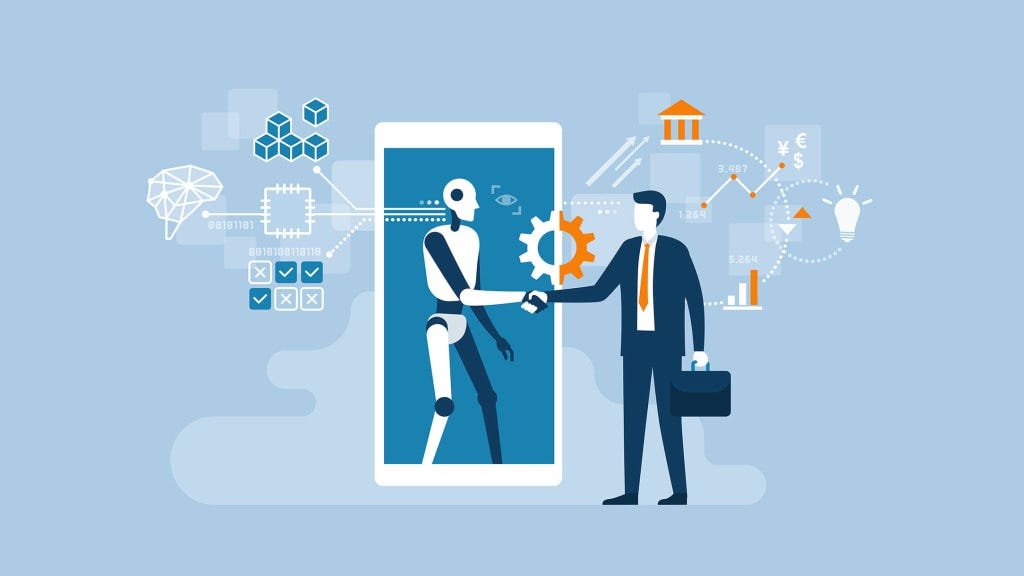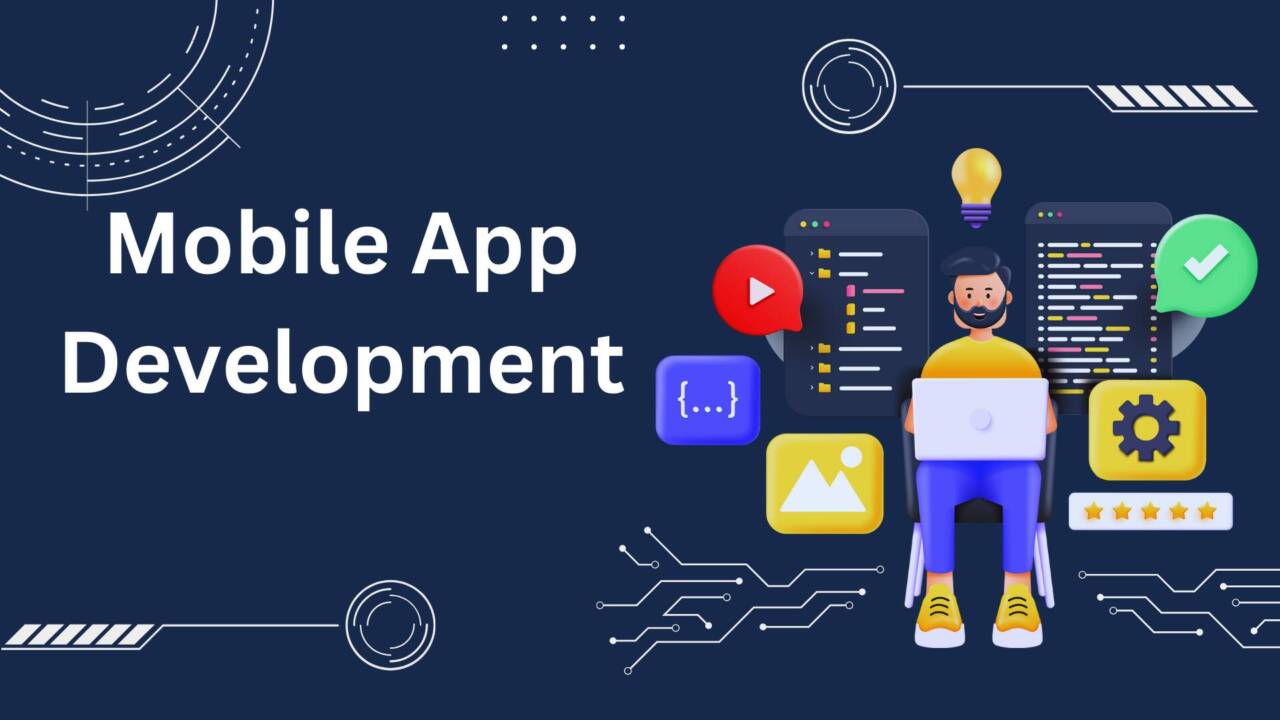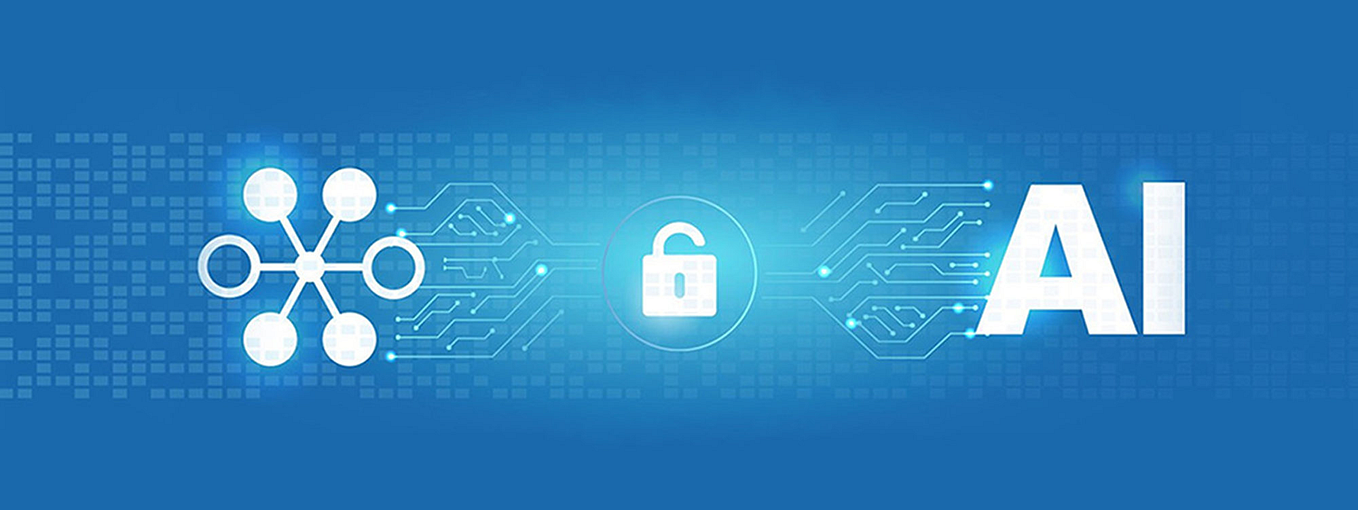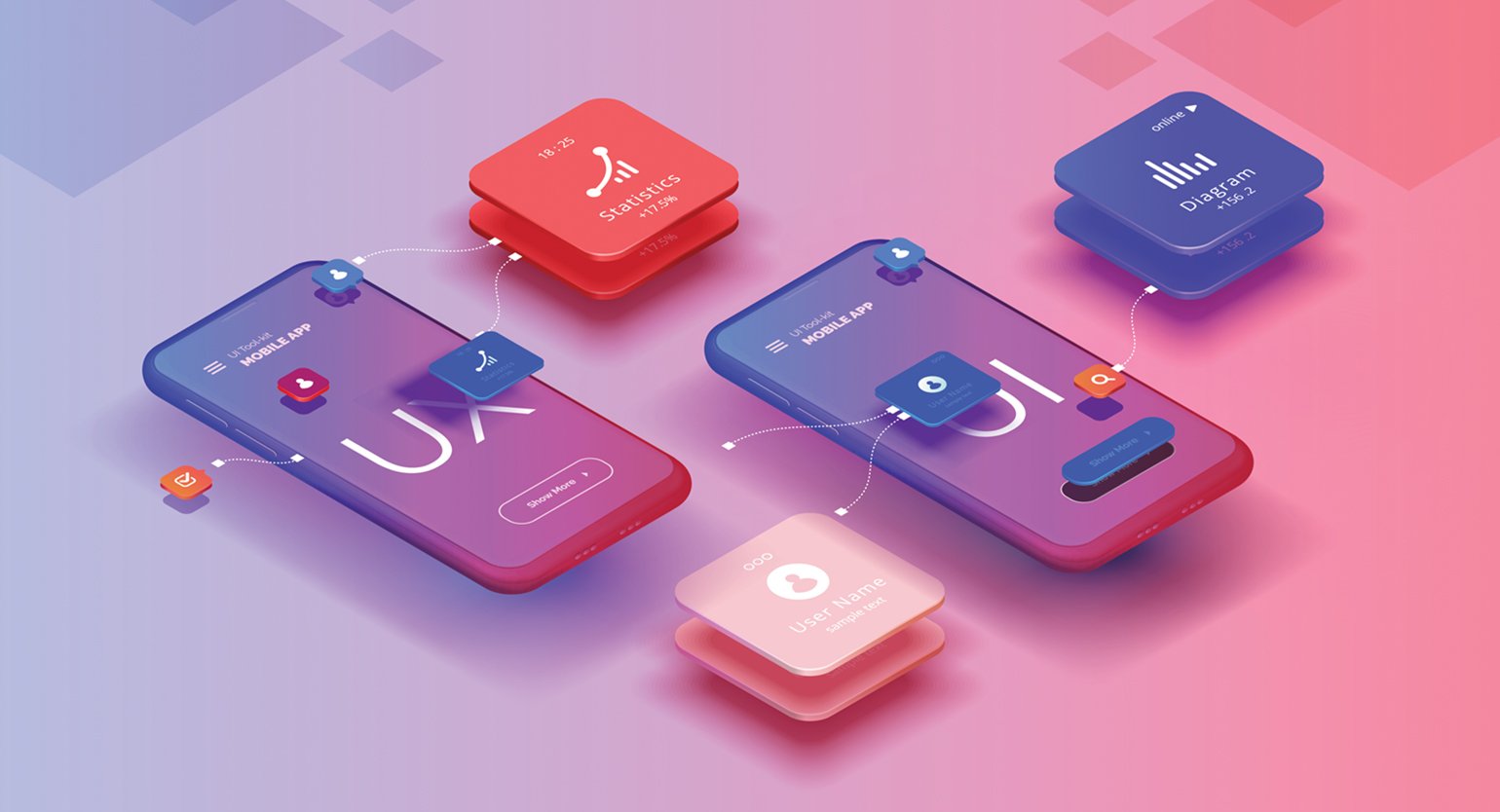To be honest, artificial intelligence has converted the software development domain in a way that we haven’t seen in the past few years. In the past, every company depended on software engineers’ creativity and problem-solving skills, but not right now, as the AI tools now allow them to get an idea about the software they need by just giving a prompt with the company’s requirement.
AI tools are helpful, but also bring challenges and open up opportunities for engineers so they can rethink their roles and keep up-to-date with the changing technology. In this blog, we have described the role of a software developer after AI and its impact on software development.
Let’s dive in.
AI Changing The Way Developers Work
AI has become the most deeply integrated tool that knows how a software engineer or developer writes code, builds products, and collaborates across teams. Now it depends on the developer to take advantage of AI and succeed in the new technology era.
When AI was introduced, it had a big impact on the role of software developers, because of this, they are shifting to AI-assisted programming instead of developing products or software on their own. Nowadays, they are utilizing tools like GitHub and Copilot to get suggestions about the problems that occur during software development. These tools not only enhance their coding capability but also enable them to focus on the business logic core. Moreover, now they are able to solve problems instead of handling repetitive tasks.
Moreover, the evolving role of software developers is:
Shift from Coders to Orchestrators
Software developers are now shifting from mainly writing code to becoming strategic orchestrators. It is a posting that allows them to integrate and manage AI tools within the development process.
Focus on Higher-Level Problem Solving
AI becomes a necessity for software developers as it helps them in handling routine coding tasks and gives them a lot of time to dedicate to designing systems rather than handling routine tasks. The more time a developer has – the more they can understand the user’s needs and also solve complex business problems.
Increased Demand for AI-Savvy Developers
Due to the upcoming era of AI. Software companies are now hiring developers with expertise in AI and machine learning. This makes these skills highly expensive and in demand.
Continuous Learning and Adaptability
Software developers have to learn lifetime to stay updated with modern and progressing technologies. So they can meet the requirements of companies or clients. They have to adapt to the AI landscape and the new tools or methodologies used for the development of software.
The Impact Of AI On Software Development
AI has a great impact on software development as it revolutionizes the coding style, problem testing, and management. Not only that, AI-powered tools are now getting into:
- Handling business or developers’ repetitive tasks
- Improving their code quality
- Enabling faster development cycles.
Moreover, it does not mean AI is taking full control over software development or replacing software developers entirely, but instead it reshapes their role and requires new skill sets.
Automation Of Coding Tasks
With the help of AI, most of the tasks can be assigned to sophisticated systems such as:
- Migrations
- Code generation
- Test executions
- Test generation
- Debugging
AI-powered tools give more time to developers so they can focus on the important facets of the software development life cycle. Which leads to an increase in overall productivity and creativity.
Enhancements In Code Quality
AI makes it easy for developers to analyze errors or bugs in software that are missed in the course of development. This not only improves the quality of code but also saves a lot of time for developers. So they can focus on other projects instead of getting stuck in one project. Moreover, businesses and developers also utilize AI-powered tools so they can identify the issue before the code goes into production.
Code Generation
Now it is the era of AI, which means you can uncover all the potential issues, codes that need enhancements, and also deliver valuable insights to the organization by using the one and only AI tool with a single click. AI tools make development a piece of cake for the developer as they allow them to concentrate on sophisticated tasks instead of wasting their valuable time on single-line errors. Moreover, they also maintain high-quality code during the development life cycle to prevent any data loss.
Code Refactoring
The best and amazing thing AI did for developers is code refactoring means it makes the code clear, readable, and maintainable, and if any errors occur. Not only this, AI tools also assist developers in understanding the security consequences and intricacies of their code. So they are well prepared if any mishap occurs. Apart from this, AI also helps in making sure that the code is safe and is compatible with older systems. So the code can stick to the best industry standards and coding practices.
Code Reviewing
You know the best and the strongest use case of AI is that it can help developers review parts of the code and suggest changes, or identify potential mistakes in the code that can save a lot of time for developers. Moreover, it also allows developers to focus on writing high-quality code throughout the development cycle instead of worrying about simple and short tasks.
Testing And Debugging
AI tools can have a significant impact on testing and debugging processes in the development life cycle. As it can be useful for developers in automating test case generation, creating boilerplate test code or analyzing test results. This considerably reduces the overall time required to identify and fix issues.
Potential Challenges Developers Face Due To The Demand For AI
| Challenge | Description | Impact on Developers | Suggested Response |
| Skill Gap | Requires knowledge in ML, data science & new tools | Developers may feel unprepared or outdated | Upskill through AI courses, tutorials, and hands-on projects |
| Tool Overload | Too many AI tools and frameworks are available | Can lead to confusion and tool fatigue | Focus on mastering a few relevant tools (e.g., Copilot, TensorFlow, LangChain) |
| Job Role Evolution | Traditional coding roles are shifting to AI-integrated roles | Include hybrid roles and focus on system design, critical thinking & oversight | Learn AI ethics, fairness & bias mitigation techniques |
| Ethical & Bias Concerns | AI models may produce biased or unethical outputs | Developers must take responsibility for AI performance | Learn AI ethics, fairness & bias mitigation techniques |
| Performance Dependence on AI | Over-reliance on AI-generated code | Risk of bugs, inefficiencies & missing business logic | Always review, test & refine AI-generated suggestions |
| Security Risks | AI-generated code might introduce security vulnerabilities | Follow secure coding practices and use static analysis tools | Follow secure coding practices and use static analysis tools |
| Team Collaboration Challenges | Usually, not all team members may be comfortable with AI | Encourage team wide training & cross functional support | Encourage team wide training & cross functional support |
| Cost of AI Infrastructure | AI lacks full product/business context | Harder for small dev teams or startups to adopt | Start with lightweight, cloud-based AI services |
Conclusion
Software developers are going through significant changes that are driven by advancements in AI. There’s a terrible need to assess existing practices and set up new frameworks to prioritize responsible AI as part of the development life cycle. The real challenges revolve around adapting to these changes while assuring the benefits of AI are spread impartially across society. Where innovation can grow without compromising on ethical principles.








